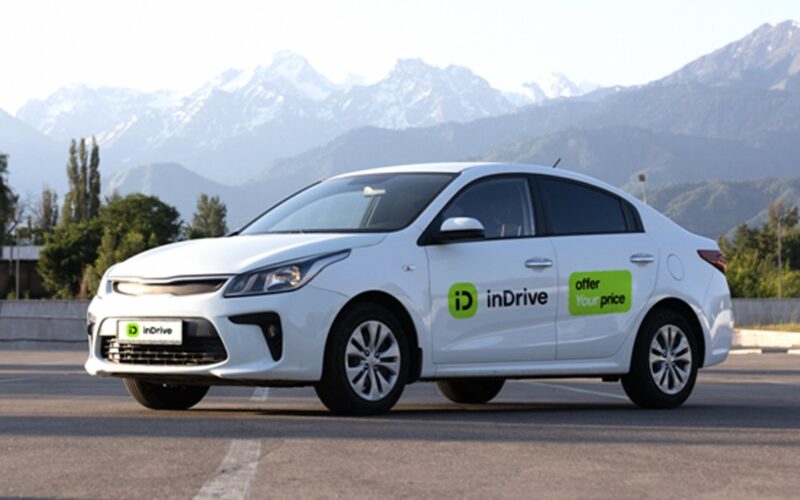InDrive, a global e-hailing company with operations in 47 countries, is expanding its services into the financial sector. Founded by CEO Arsen Tomsky, the company plans to provide financial products, including small loans, to drivers in developing markets.
With a commitment to ensuring the long-term financial stability of its extensive driver base, the initiative will concentrate on countries such as Nigeria, Kenya, Tanzania, Botswana, Ghana, and Namibia. In these regions, the ride-hailing company acknowledges the financial difficulties experienced by drivers, especially concerning vehicle repairs and overall financial strain.
According to TechPoint, Mark Loughran, the Group President of InDrive, highlighted the company’s commitment to investigating financial services tailored to the specific requirements of drivers in developing nations. As part of their active experimentation with various ideas, InDrive is actively pursuing strategic partnerships to streamline the process of providing loans to drivers and delivery riders in need of financial assistance.
InDrive Ventures into Financial Services for Ride-Hailing Drivers.
While InDrive is among the latest entrants in the exploration of financial services for ride-hailing and delivery drivers, it is not the first to venture into this space. In Nigeria, local mobility fintech Moove collaborates with Uber for vehicle financing, and Max has a similar arrangement with Bolt.
Formerly known as inDriver, this ride-sharing company was founded in Russia in June 2013 and shifted its headquarters to the United States in 2023. Despite the relocation, the ride-hailing service primarily operates in developing markets across Africa, Asia, and Latin America.
Distinguishing itself from competitors such as Uber and Lyft, the company employs a unique ride-hailing model that enables passengers to negotiate fares for their trips, deviating from fixed pricing structures. In the fourth quarter of 2023, InDrive launched a $100 million program to invest in startups and businesses in emerging markets.
In February 2023, the ride-hailing company introduced a distinctive debt instrument, seeking to raise $150 million with repayment linked to the company’s performance. This unconventional debt round provides repayment flexibility, aligning with profits generated over time by the ride-hailing firm.

Ride-hailing companies providing loans and credit facilities to drivers in African countries offer several advantages. Primarily, this approach promotes financial inclusion by granting access to financial services for drivers who were previously underserved, overcoming traditional banking challenges.
Furthermore, these loans address crucial needs like vehicle maintenance, ensuring drivers can maintain their vehicles in optimal condition, thereby contributing to safety and operational efficiency.
Beyond individual drivers, the economic stability facilitated through such financial support has far-reaching effects. It sparks growth in local economies, with drivers, armed with credit facilities, becoming active contributors to various businesses and services. This ripple effect elevates the overall economic well-being of communities.
Moreover, providing loans opens avenues for business expansion, enabling drivers to invest in their vehicles or consider scaling up operations. This not only benefits individual drivers but also holds the potential to create job opportunities within the local community.
In essence, the provision of loans and credit facilities establishes a symbiotic relationship between ride-hailing platforms and their drivers, fostering loyalty, competitive advantages, and positive contributions to the economic landscape in African countries.












